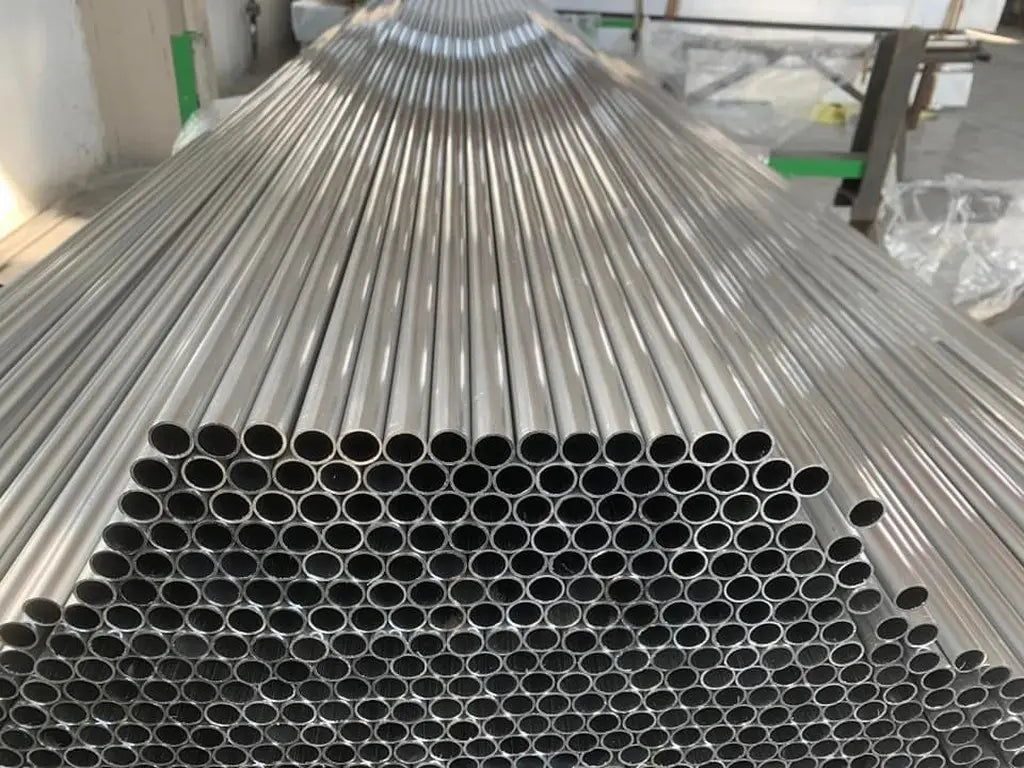304 stainless steel welded pipe
304 stainless steel welded pipe
Contact form
Advanced Manufacturing Process of Stainless Steel Welded Pipe
The production of premium stainless steel welded pipe begins with casting slabs or billets in specialized steel mills. The manufacturing process employs several advanced welding methods, determined by the desired external dimensions and wall thickness:
- Electric Resistance Welding (ERW)
- Fusion Welding (EFW)
- Double Submerged Arc Welding (DSAW)
During ERW and EFW processes, stainless steel welded pipe formation involves hot or cold rolling of plates followed by precise seam welding. To ensure superior quality, a scarfing blade maintains smooth surface uniformity by removing weld flash from both outside (O.D.) and inside (I.D.) surfaces. Final heat treatment minimizes weld zone visibility, though ASME standards specify lower operating pressures compared to seamless alternatives.
Superior Properties of 304 Stainless Steel Welded Pipe
The 304 stainless steel welded pipe, renowned as the "18/8" grade, stands as the industry's most versatile option, offering:
- Exceptional forming capabilities
- Superior welding characteristics
- Advanced deep drawing properties
- Excellent corrosion resistance
Key advantages of 304 stainless steel welded pipe include:
- Balanced austenitic structure
- No intermediate annealing requirement
- Versatile application potential
- Cost-effective production
Common applications for 304 stainless steel welded pipe:
- Industrial processing systems
- Architectural installations
- Transportation infrastructure
- Engineering applications
- Structural components
Our 304 stainless steel welded pipe manufacturing ensures:
- Precise dimensional tolerances
- Consistent quality control
- Multiple diameter options
- Various wall thickness choices
- Competitive pricing for bulk orders
The combination of advanced manufacturing processes and superior material properties makes 304 stainless steel welded pipe an ideal choice for projects requiring both structural integrity and corrosion resistance. Available in various specifications, these pipes meet diverse industrial and commercial requirements while maintaining cost-effectiveness and reliable performance.
Share


